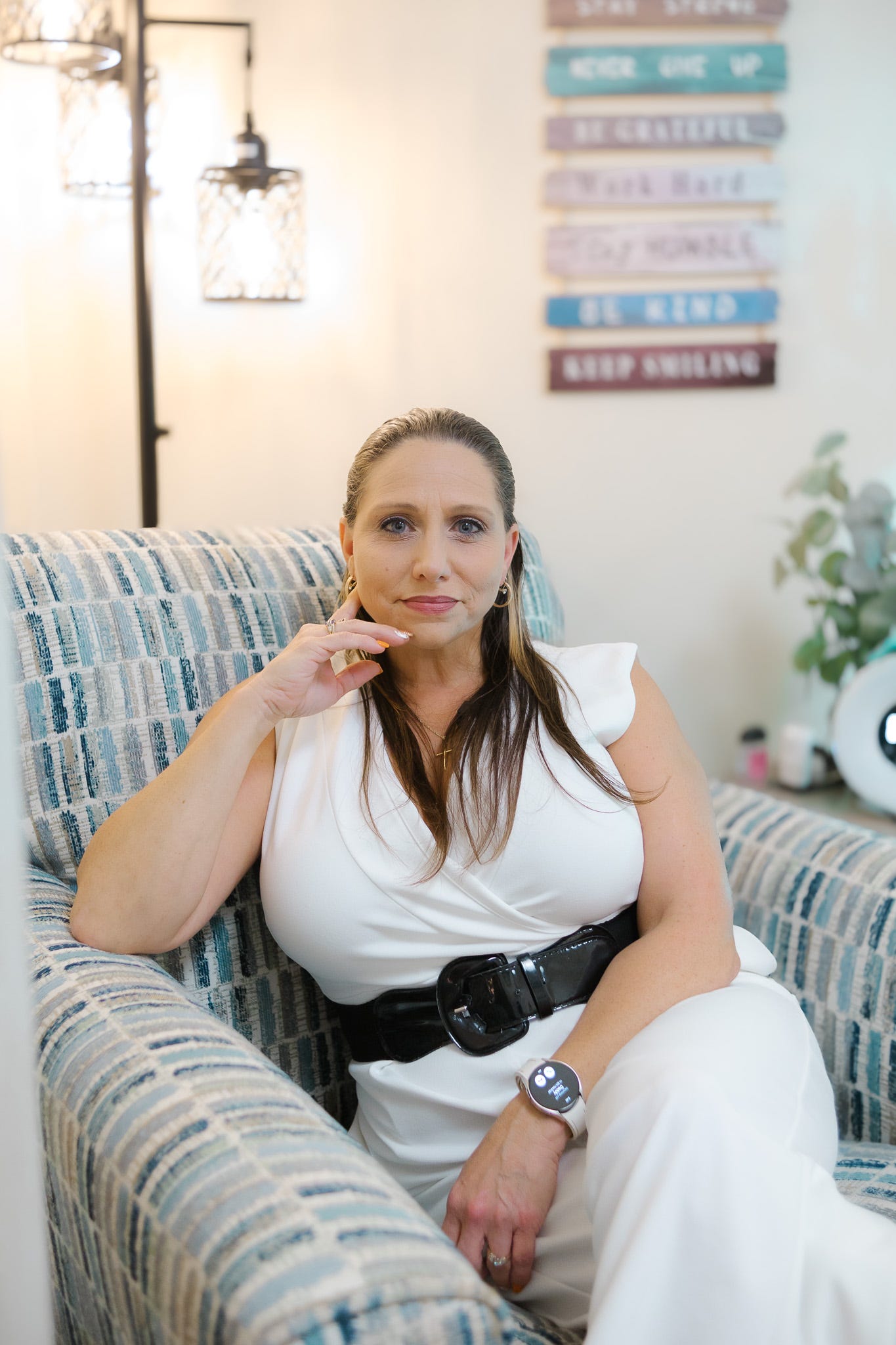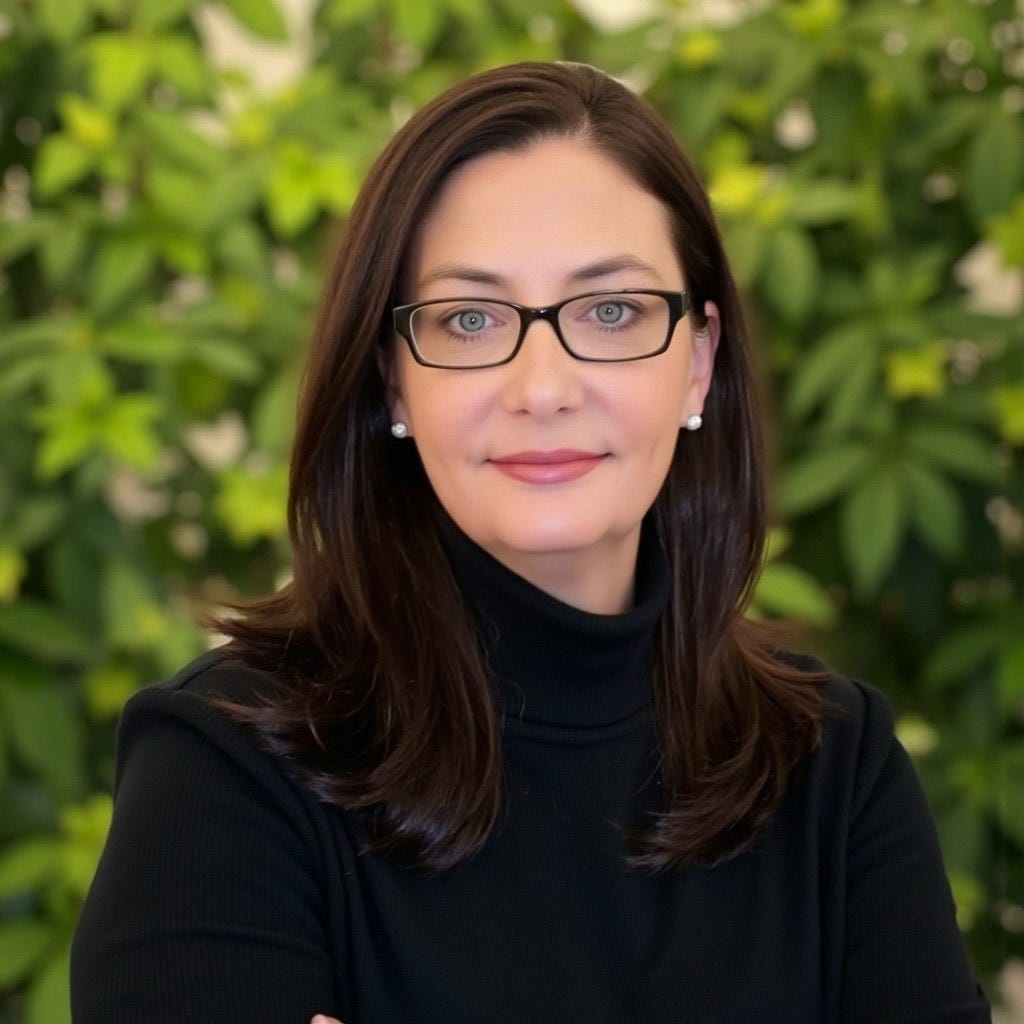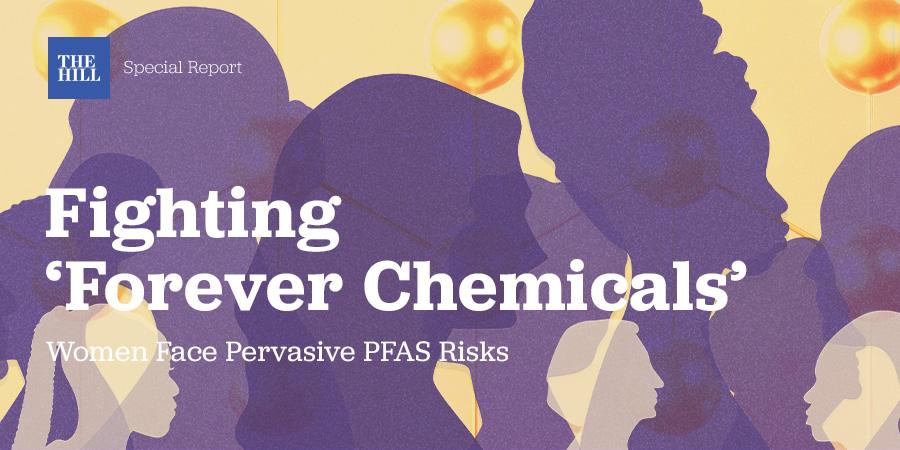Hashtags to Healing: Experts Warn About the Rise of ‘Therapy-Speak’
The Rise of Therapy-Speak and Its Impact on Mental Health Understanding
In today’s digital age, mental health terminology has taken a significant shift from the traditional therapist’s office to the everyday conversations of social media users. Words like “trauma,” “boundaries,” and “gaslighting” have become common in captions, hashtags, and even online quizzes that claim to identify if someone is “on the spectrum.” This phenomenon, often referred to as “therapy-speak,” involves the use of clinical language by individuals who are not mental health professionals.
Therapy-speak at a glance
Start the day smarter. Get all the news you need in your inbox each morning.
Have you ever jokingly said you’re “so OCD” about a messy kitchen, or that you were “triggered” by something minor? It’s part of a growing trend called “therapy-speak.” Thriveworks, a national psychiatry network, defines it as the daily use of clinical language by people who are not mental health professionals. It includes labeling a friend “toxic,” calling a partner a “narcissist,” or diagnosing a bad day as “trauma,” without the proper training to understand the real meaning of those words.
In a recent online survey of 1,426 U.S. adults, Thriveworks found that 95% of Americans encounter “therapy speak” daily — and nearly a third say the terms are being misused. According to the survey, the top nine misused terms include:
- Gaslighting and Triggered (tied)
- Toxic
- Narcissist
- Trauma
- OCD
- Self-care and Boundaries (tied)
- Codependent
When Clinical Terms Become Everyday Buzzwords
Tonia Meyers, a licensed mental health counselor who oversees Transformation Haven, a psychotherapy practice in Melbourne, said many mental health terms, like “boundaries,” are often used out of context by the general public.

“In clinical practice, a boundary is a personal limit we set to protect our own well-being and values — it’s something we establish for ourselves, not something we demand or impose on others,” Meyers said. “When misunderstood, it can actually become a wall that prevents healthy communication rather than supporting it.”
Neeley Hughey, a licensed mental health counselor, certified life coach, and founder of Coastal Wellness and Life Coaching Center in Melbourne, agreed, and said the mainstreaming of “therapy-speak” is a widely discussed concern.
For example, she explained, when people use “OCD” to mean “I like things neat,” or “gaslighting” for any disagreement — or imply “that everyone’s a little bipolar or narcissistic or neurodivergent,” the original clinical meaning becomes diluted.
“This can blur the distinction between normal emotional responses and clinical symptoms, encouraging self-labeling based on incomplete information,” Neeley said. “It can also lead to the stigmatization or minimization of actual clinical disorders.”
The Dangers of Self-Diagnosing on Social Media
Joel Wells, a licensed mental health counselor with Family Builders Counseling in Titusville, said he’s hearing words like “narcissist” and “gaslighting” more often from clients who come in for therapy.
“It is especially true among couples experiencing conflict,” Wells said. “With these terms at their disposal, partners appear to be equipped in advance — almost weaponized by the influence of the internet and social media to persuade the therapist that their spouse is the source of their problems.”
Hardly anyone would undergo a complex medical procedure from someone without proper training. In the same way, Wells said people shouldn’t try to manage a serious mental health condition without professional guidance.
“Just as such medical attempts can result in severe injury, infection, or even death,” he said. “Self-diagnosing psychological issues based on online information can lead to misunderstanding, mislabeling and inappropriate self-treatment.”
As the owner of her own practice, Meyers noted she’s seeing more and more people walk into therapy having already “diagnosed” themselves — or their family members — based on social media content and online quizzes. The danger, she explained, is that “once someone begins to identify with a diagnosis, they may internalize and even embody those symptoms, which may not reflect the actual underlying issue.”
“Therapy language has gone mainstream, but when people start self-diagnosing from social media, they often mislabel normal experiences as disorders,” Meyers said. “Real healing starts with proper assessment, not hashtags.”
How Online Quizzes Turn Mental Health into a Guessing Game
You certainly don’t have to scroll far on Facebook, TikTok, or Instagram to find a video or quiz inviting you to discover if you have ADHD, autism, anxiety — but how accurate are they?
When it comes to videos and online checklists encouraging self-identification with ADHD, autism, or various attachment styles, while Meyers said they can raise awareness, they also drastically oversimplify complex conditions.
“Most people will relate to some of the described traits because many are simply human experiences, not diagnostic criteria,” she said.
For one study, researchers examined 500 popular TikTok videos tagged with #mentalhealth or #mentalhealthtips and found 84% offered misleading guidance — and about 14% that were considered “potentially harmful.” When they looked more closely at specific conditions, the inaccuracies only worsened. Nearly all videos about bipolar disorder (94%) and depression (90%) were found to be inaccurate. And content related to ADHD proved the least reliable of all — with every single video reviewed (100%) containing misleading or highly misleading claims.
Researchers also found that 91% of TikTokers offering mental health advice on the platform had no relevant medical qualifications.
Breathe in, Scroll Out
On TikTok, Instagram, and YouTube, short “therapeutic” videos have become their own genre — filled with gentle affirmations and calming sounds meant to soothe a restless mind. For many, these snippets offer quick comfort in the middle of a stressful day.

“There’s no denying that short videos offering calming sounds, guided breathing, affirmations, or grounding tips can provide momentary relief,” Neeley said. “They are accessible, visually soothing, and can introduce people to the idea that mental health practices are approachable.”
However, she added, behavioral change requires more than brief exposure to a tip or trend and real therapeutic progress often depends on consistency and individualized guidance.
“Many of these videos borrow language from clinical models without proper context or training,” she said. “Which can distort how viewers understand legitimate therapeutic approaches.”
Understanding the Urge to Self-Diagnose
According to Neeley, many people turn to self-diagnosis, not out of trendiness, but from a genuine desire to understand themselves.
“They may be experiencing distress, confusion, or a loss of control, and naming what they feel can provide validation and relief,” she said. “For some, exploring symptoms online or through social media is the only accessible pathway to make sense of their experiences, especially when mental health care feels expensive, stigmatized, or difficult to access.”
While the impulse to “label” oneself can be both empowering and misleading — without a formal assessment, she asserted that self-diagnosis carries several risks, including:
- Misinterpreting overlapping symptoms — for example, trauma reactions mistaken for ADHD or vice versa
- Adopting an identity around a label that might not fit
- Delays in seeking a professional assessment because they think “they have already figured it out.”
Beyond the Hashtags
Ultimately, while the accessibility of mental health language can reduce stigma, Meyers explained, it’s crucial that these terms be used accurately and compassionately.
“If you’re concerned about your mental health, the best first step isn’t a social media quiz — it’s a conversation with a licensed mental health professional who can provide proper assessment and evidence-based guidance,” Meyers said. “Genuine understanding and healing come from trained professionals, not from scrolling through your feed.”




Leave a Reply